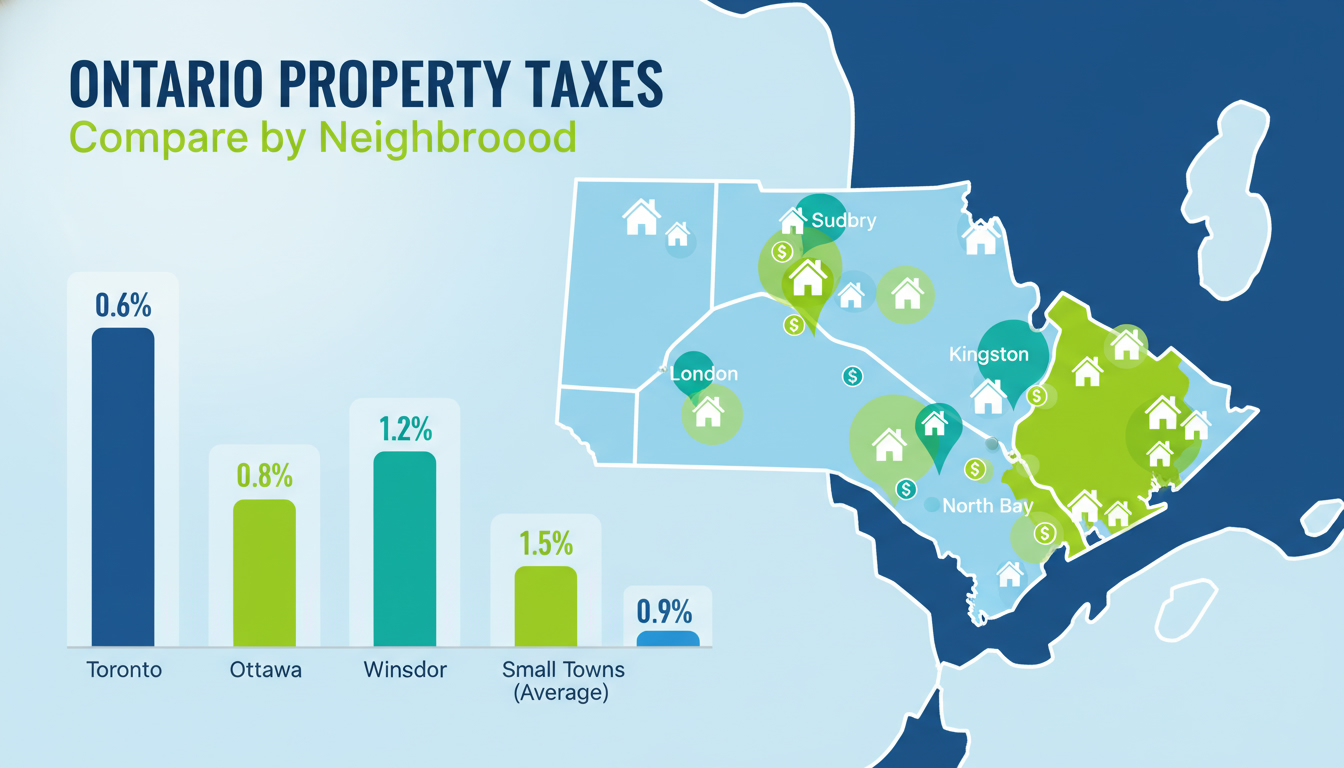Are there penalties for breaking a mortgage
early?
Break your mortgage early? Here’s what lenders will charge and how to avoid it.
Quick answer
Yes — breaking a mortgage early usually triggers a penalty. The size depends on your mortgage type, the lender’s formula, and how much time is left on your term. Understand the math and you can often cut the cost or avoid penalties altogether.
How mortgage penalties work
Lenders set penalties to protect themselves when you leave a below-market rate. Two common penalty types dominate the market:
- Interest Rate Differential (IRD): Applies mostly to closed fixed-rate mortgages. It measures the lender’s lost interest when you break your contract early. IRD can be large if current rates are much lower than your rate.
- Three months’ interest: A simpler penalty used by many lenders on variable-rate or some fixed-rate products. It’s usually smaller but not always.
Some lenders also charge administrative or discharge fees. Always read the mortgage contract for exact terms.
How much will it cost?
Typical ranges:
- Variable-rate mortgages: often three months’ interest. Expect a moderate fine.
- Fixed-rate mortgages: IRD or three months’ interest, whichever is greater. IRD can equal several months to years of interest, depending on rate gaps and remaining term.
Example: If you have a 3.99% fixed mortgage and current rates are 2.99%, IRD can be significant on a large balance with many months left.

Smart moves to reduce or avoid penalties
You don’t need to accept the first figure the lender gives you. Use these strategies:
- Port your mortgage when you buy another property: Move the existing mortgage to the new home and avoid penalties if allowed.
- Transfer to a new lender via renewal or assumeability: Sometimes transferring or assuming a mortgage is cheaper than paying a penalty.
- Negotiate: Lenders prefer a retained client. Ask for a reduced penalty or an offset plan.
- Refinance partially: Replace only a portion of the loan; penalties may be smaller.
- Time it: Penalties shrink as you near term-end. Waiting might save thousands.
- Use a mortgage broker: Brokers know lender rules and can find low-penalty products.
Why a local mortgage expert matters
Mortgage math is nuanced. One wrong assumption and your “cheap” deal costs thousands. I analyze the contract, calculate IRD precisely, compare lender quotes, and recommend the lowest-cost path: port, negotiate, refinance, or wait. That’s how you save real money, not guess.
Bottom line
Breaking a mortgage early usually costs money, but the penalty isn’t always unavoidable or final. Know the formula, compare options, and execute a plan that minimizes cost.
For a clear penalty estimate and a step-by-step plan tailored to your mortgage, contact Tony Sousa at tony@sousasells.ca or 416-477-2620. Visit https://www.sousasells.ca for more resources and a free consultation.





















